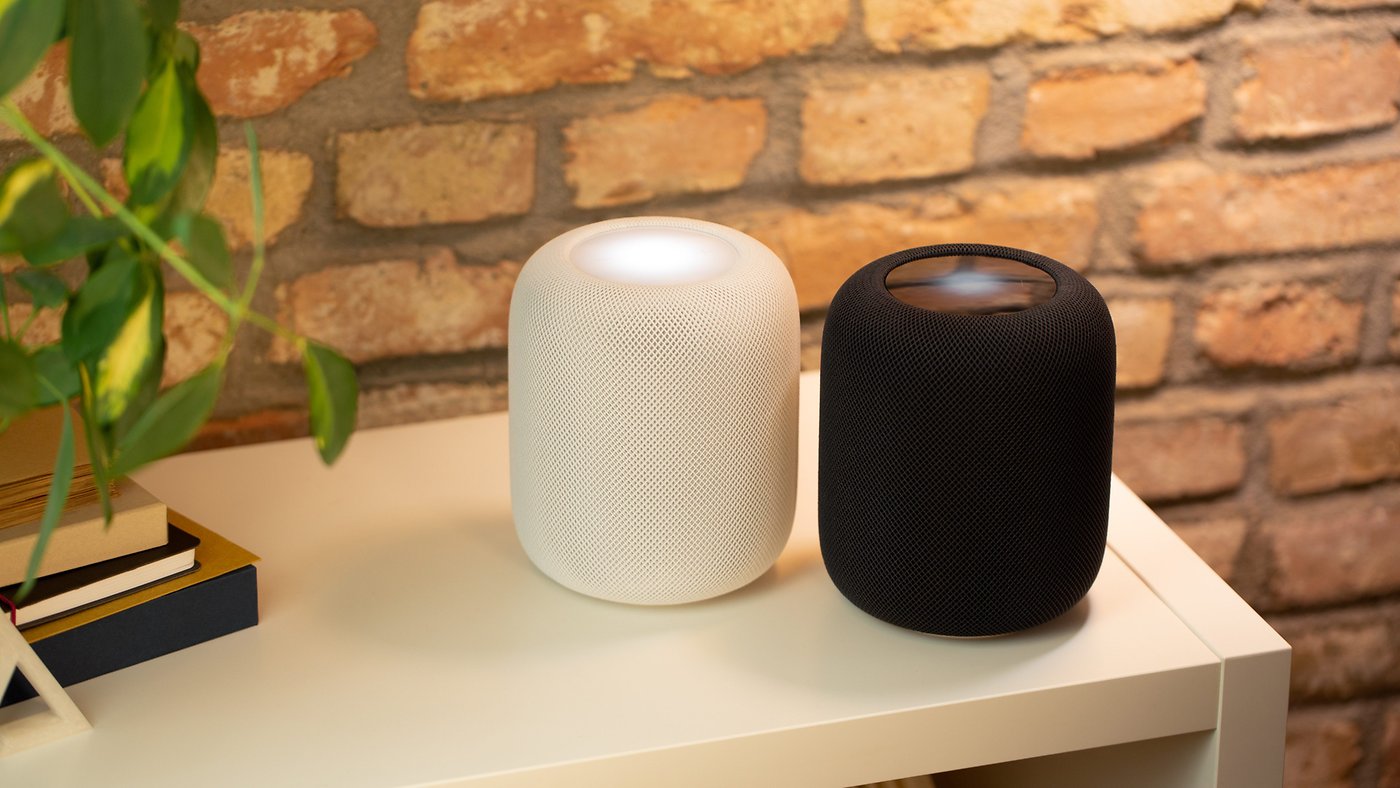Apple AirPlay Bugs Expose Devices to Hacking—How to Protect Yourself
Apple's AirPlay feature has been a convenient addition to iPhones and other Apple products, allowing seamless connection with other media devices for easy mirroring or casting. However, a recent discovery by security firm Oligo has revealed that the underlying protocol could serve as an entry point for hackers to infiltrate and gain access to your device.
Several vulnerabilities in AirPlay have been identified, including significant exploits and attacks such as zero-click Remote Code Execution (RCE) and one-click RCE. These bugs affect the AirPlay Software Development Kit (SDK), which is used by developers and manufacturers. Consequently, attackers could exploit these vulnerabilities as backdoors to hack and execute malicious code on third-party AirPlay-enabled devices.
This potentially exposes tens of millions of devices, including smart speakers, smart TVs, dongles, and even car consoles or head units with CarPlay. Once access is gained or a device is compromised, hackers could remotely control it, such as enabling the microphone to eavesdrop on individuals or using it to coordinate network-based cyberattacks.
So far, the firm has demonstrated two exploits through wormable zero-click RCE vulnerabilities to hack a Bose speaker. However, Oligo notes that attackers can only leverage these vulnerabilities if the targeted hardware is within the same Wi-Fi network, which reduces the threat for devices connected to secure networks.
The Scope of the Problem
In addition to non-Apple AirPlay products, these bugs reportedly affect Apple hardware such as iPhones, iPads, Macs/MacBooks, and HomePods, especially if users have modified the AirPlay settings on their devices. This leaves third-party devices more vulnerable to hacking, as many of them rarely receive updates.
Even worse, some speakers and TVs may never receive any updates throughout their lifespan. The lack of regular updates makes it difficult for manufacturers to patch vulnerabilities, leaving devices exposed to potential attacks.
Mitigating the Risks
If a software update or patch is not available for your third-party AirPlay devices, there are effective measures you can take to mitigate these hacks or protect your device. The most prominent way is to avoid connecting to public or free Wi-Fi networks and only use trusted WLANs.
It is also recommended to use strong security levels and complex passwords when setting up your Wi-Fi network. Additionally, turning off the AirPlay feature when it is not in use can also block potential access for hackers.
General Security Practices
As simple as it sounds, these measures, along with other general security practices such as turning off your devices once a week, can help safeguard against various attacks and hacks. By taking these precautions, you can significantly reduce the risk of falling victim to AirPlay-related hacking.
What Can You Do?
If you have an AirPlay-ready device at home, it's essential to take steps to protect yourself from potential hacking threats. Here are some tips to get you started:
- Avoid connecting to public or free Wi-Fi networks and only use trusted WLANs.
- Use strong security levels and complex passwords when setting up your Wi-Fi network.
- Turn off the AirPlay feature when it is not in use to block potential access for hackers.
- Turn off your devices once a week to reduce the risk of hacking.
We'd like to hear from you: Do you have an AirPlay-ready device at home? What steps do you take to keep your network safe? Share your suggestions in the comments below.
